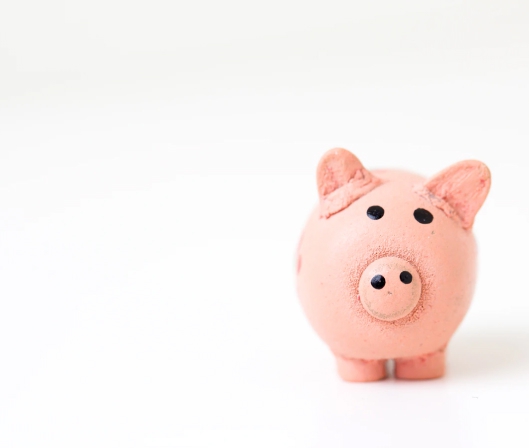Please select all filters
No option was selected
Type of product
Next
I want to include
I want to include
Next
Menu




